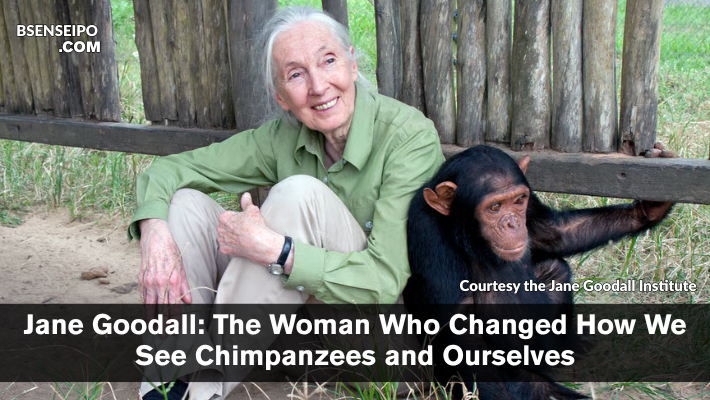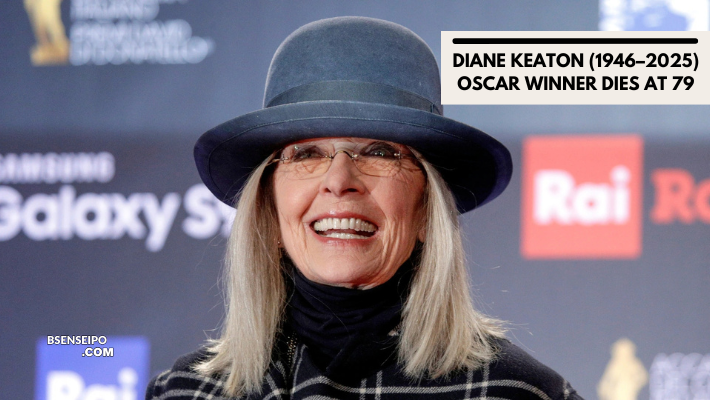Jane Goodall: The Woman Who Changed How We See Chimpanzees and Ourselves
The renowned primatologist, conservationist, and UN Messenger of Peace, Dr. Jane Goodall, passed away at the age of 91. The news was confirmed by the Jane Goodall Institute (JGI), which highlighted her extraordinary scientific and humanitarian legacy.
Discover the inspiring journey of Jane Goodall, the world-renowned primatologist who redefined our understanding of chimpanzees and devoted her life to conservation and advocacy.
Few figures in modern science have had as profound an impact as Jane Goodall, the British primatologist, ethologist, and anthropologist who transformed our understanding of animal behavior. From her groundbreaking observations of wild chimpanzees in Tanzania to her global advocacy for conservation and sustainability, Goodall’s work bridges science, compassion, and activism.
Early Life and Inspiration
Born in London, England, in 1934, Jane Goodall showed a love for animals from childhood. Encouraged by her mother, she pursued her dream of studying wildlife, despite limited academic opportunities for women in science at the time. Without a formal university degree initially, she followed her passion and traveled to Kenya in 1957, where she met the famous anthropologist Louis Leakey. Impressed by her dedication, Leakey recruited her to study chimpanzees in their natural habitat — a decision that would change both her life and the field of primatology forever.
Groundbreaking Research at Gombe
In 1960, Goodall began her long-term study at Gombe Stream National Park in Tanzania. Unlike traditional scientists of her era, she named the chimpanzees she observed, such as David Greybeard, rather than assigning them numbers. This approach allowed her to see them as individuals with personalities and complex emotions.
Her discoveries challenged scientific orthodoxy:
- Tool use: She observed chimpanzees stripping branches to “fish” for termites, proving that humans were not the only species capable of making and using tools.
- Social bonds: She documented nurturing maternal behavior, social hierarchies, and intricate family relationships among chimps.
- Aggression and war-like behavior: Her work also revealed the darker side of chimpanzee society, including territorial conflicts.
These findings revolutionized anthropology and blurred the once-rigid line between humans and other animals.
Academic Recognition
Despite starting without a degree, Goodall’s research earned her a PhD in Ethology from Cambridge University in 1965, one of the few cases where a student was admitted without prior undergraduate studies. Her Gombe research became one of the longest continuous wildlife studies in history, inspiring generations of primatologists.
Conservation and Advocacy
By the 1980s, Goodall shifted her focus from pure research to conservation and environmental activism. She founded the Jane Goodall Institute (1977) to support wildlife research, habitat protection, and community-centered conservation programs.
In 1991, she launched the Roots & Shoots program, a global youth movement promoting environmental stewardship, animal welfare, and humanitarian projects. Today, Roots & Shoots operates in over 60 countries.
Goodall has been a tireless advocate for sustainable living, climate action, and ethical treatment of animals. She continues to travel and speak worldwide, often highlighting the interconnectedness of people, animals, and the environment.
Awards and Recognition
Over her lifetime, Jane Goodall has received numerous honors:
- Dame Commander of the Order of the British Empire (DBE) (2004)
- UN Messenger of Peace (2002)
- Kyoto Prize, Benjamin Franklin Medal in Life Science, and more
- Dozens of honorary degrees from universities worldwide
Her books, including In the Shadow of Man, The Chimpanzees of Gombe, and Reason for Hope, have reached audiences far beyond academic circles.
Legacy and Influence
Jane Goodall’s legacy extends beyond primatology. She became a symbol of perseverance, empathy, and scientific curiosity, especially for women breaking barriers in STEM. Her work has influenced conservation policy, educational movements, and public awareness about biodiversity.
Conclusion
From the forests of Gombe to global stages, Jane Goodall has lived a life dedicated to understanding and protecting our closest relatives in the animal kingdom. Her story is not only about science, but also about the power of passion, compassion, and determination to change the world. As she often says, “Every individual matters. Every individual has a role to play. Every individual makes a difference.”




